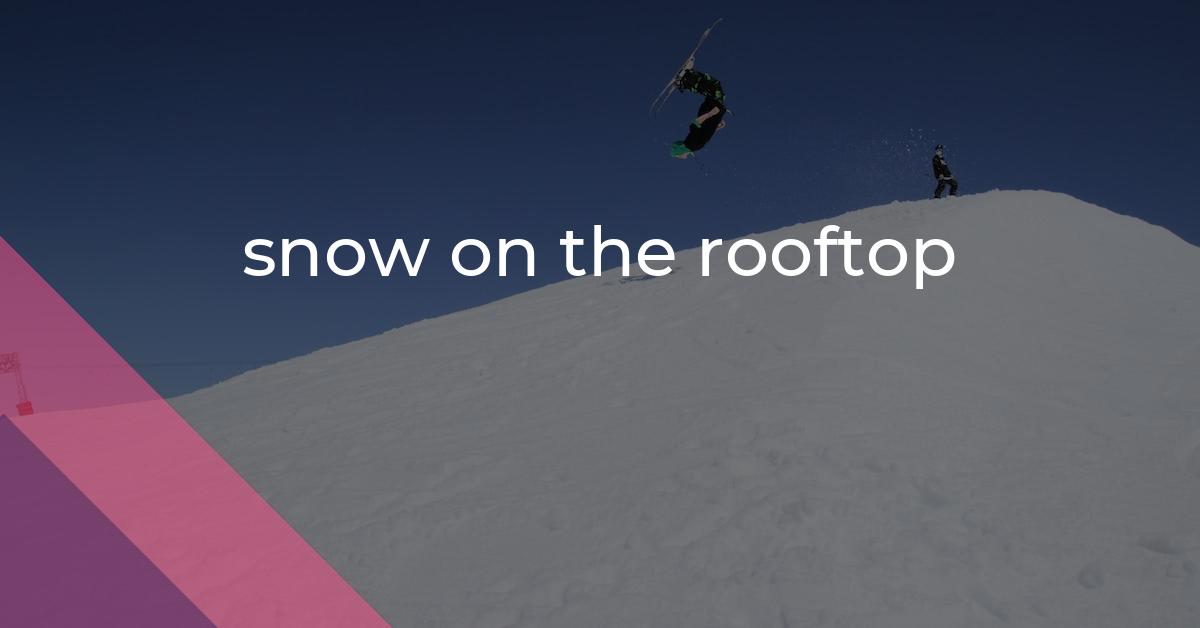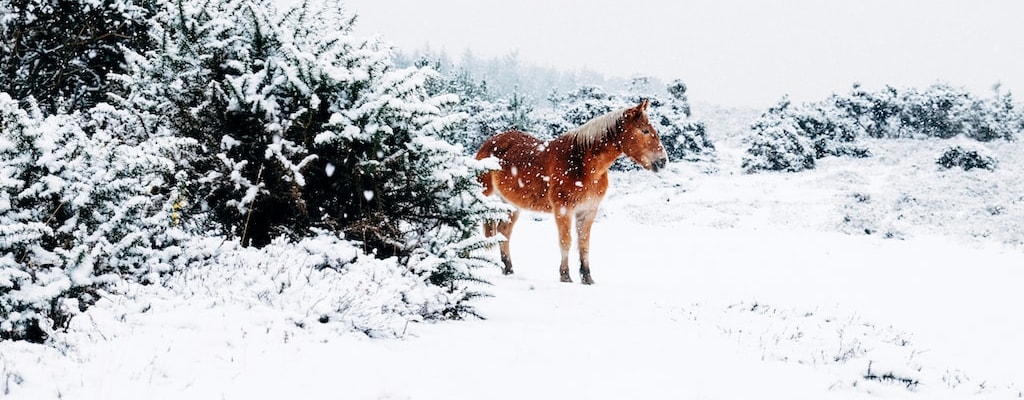snow on the rooftop: Idiom Meaning and Origin
What does ‘snow on the rooftop’ mean?
The idiom "snow on the rooftop" refers to someone who is aging but still has a full head of white or gray hair, symbolizing wisdom and experience that comes with age.

Idiom Explorer
The idiom *the feathers fly* means a situation where there is a lot of noise, conflict, or commotion, usually resulting in a heated argument or fight.
The idiom "the curtain falls" is often used metaphorically to describe the end or conclusion of a situation or event, especially in a dramatic or final manner.
The idiom "the chickens come home to roost" means that negative consequences or troubles from previous actions will eventually catch up to a person.
The idiom "that's saying something" is used to highlight a statement that is particularly noteworthy or impressive, often because it exceeds expectations or goes against common assumptions.
An idiom used to emphasize the extreme or exceptional quality of someone or something.
The idiom "talk over someone's head" means to speak using language or concepts that are too difficult for the person you are speaking to, causing them to not understand what you are saying.
The idiom "take one's hat off to" means to show admiration or respect for someone's achievement or actions.
The idiom "swan song" refers to a final act or performance, often done by someone before retirement or at the end of their career, with the implication that it is their last or most memorable one.
The idiom "surf's up" means that the waves for surfing are good or that it is a good time to go surfing.
FAIL
The idiom "snow on the mountaintop" is another phrase that relates to the concept of aging. Similar to "snow on the rooftop," it uses the image of snow to represent the passage of time and the accumulation of years. However, in this idiom, the snowy mountaintop symbolizes a person's head or mind as they age.
This idiom suggests that with age comes wisdom and experience, just as a mountaintop is often associated with knowledge and insight. It implies that as someone grows older, their mind becomes like a snow-covered mountain, filled with accumulated knowledge and wisdom that comes with years of experience.
In a way, this idiom complements "snow on the rooftop" by emphasizing the intellectual aspect of aging. While the former focuses on physical appearances, the latter highlights the mental and intellectual growth that can come with age.
Now let's move on to the idiom "old head on young shoulders." This phrase is used to describe a young person who displays maturity and wisdom beyond their years. It suggests that despite their youth, they possess the mindset and wisdom of an older individual.
In relation to the topic of aging, "old head on young shoulders" presents an interesting perspective. It suggests that aging is not solely determined by the number of years lived but also by the mindset and wisdom one possesses.
In this context, "snow on the rooftop" can be seen as a metaphorical representation of the physical signs of aging, while "old head on young shoulders" focuses on the mental and intellectual aspects. Together, these idioms highlight the multidimensional nature of aging and its impact on both the physical appearance and mindset of individuals.
Another idiomatic expression related to snow is "snowed under." This phrase refers to being overwhelmed or inundated with tasks or responsibilities, much like being buried under a heavy layer of snow.
In the context of aging, "snowed under" can be seen as a metaphorical representation of the challenges and burdens that can come with getting older. As we age, we may find ourselves facing an increasing number of responsibilities and obligations, which can feel overwhelming and burdensome.
It is important to note that "snowed under" does not specifically relate to the physical signs of aging like the previous idioms. Instead, it addresses the broader concept of the challenges and pressures that can come with age.
The next idiom, "snow job," has a slightly different connotation. It is used to describe a situation where someone is trying to deceive or manipulate others by presenting false information or a false appearance.
While "snow job" does not directly relate to the concept of aging, it can be interpreted in a way that speaks to the societal attitudes and expectations surrounding aging. The idiom suggests that there may be instances where individuals try to hide or cover up the signs of aging, creating a false appearance or impression.
Similarly, the idiom "snow on the rooftop" can be seen as a humorous acknowledgement of the physical signs of aging, presenting them in a lighthearted and relatable manner. It encourages individuals to embrace and accept the changes that come with age, rather than trying to conceal or "snow job" others with false appearances.
The final idiom, "shower down," is often used to describe a heavy or continuous fall of something, such as rain or snow. In the context of aging, "shower down" can symbolize the passage of time and the continuous accumulation of years.
This idiomatic expression suggests that aging is not a one-time event, but rather a gradual and ongoing process, just like a continuous shower of snow. It reminds us that aging is not something that happens overnight, but rather a continuous journey that we all embark on.
By incorporating these idioms into the discussion of "snow on the rooftop," we are able to explore the multifaceted nature of aging. Each idiom highlights a different aspect of the aging process, whether it be physical appearances, intellectual growth, challenges and burdens, societal expectations, or the continuous passage of time.
Overall, these idioms serve as a reminder that aging is a universal experience that encompasses various dimensions of our lives. They encourage us to embrace and accept the changes that come with age, while also recognizing the wisdom and experiences that can be gained along the way.
Example usage
Examples of how the idiom "snow on the rooftop" can be used in a sentence:
- She may be getting older, but there's still snow on the rooftop – she's full of wisdom and experience.
- He may look young, but there's snow on the rooftop – he possesses a great deal of knowledge.
- Don't judge a book by its cover; despite his age, there's still snow on the rooftop – he's quite sharp-minded.
More "Age" idioms



